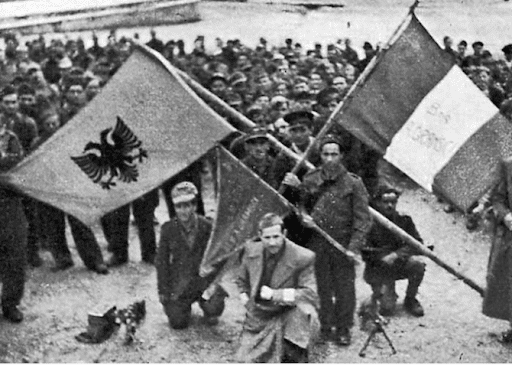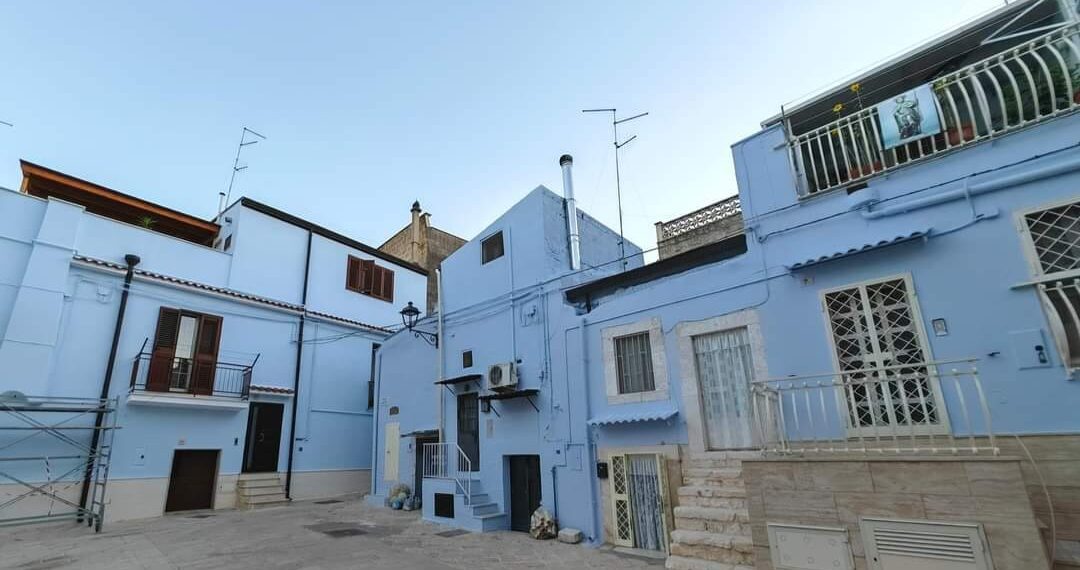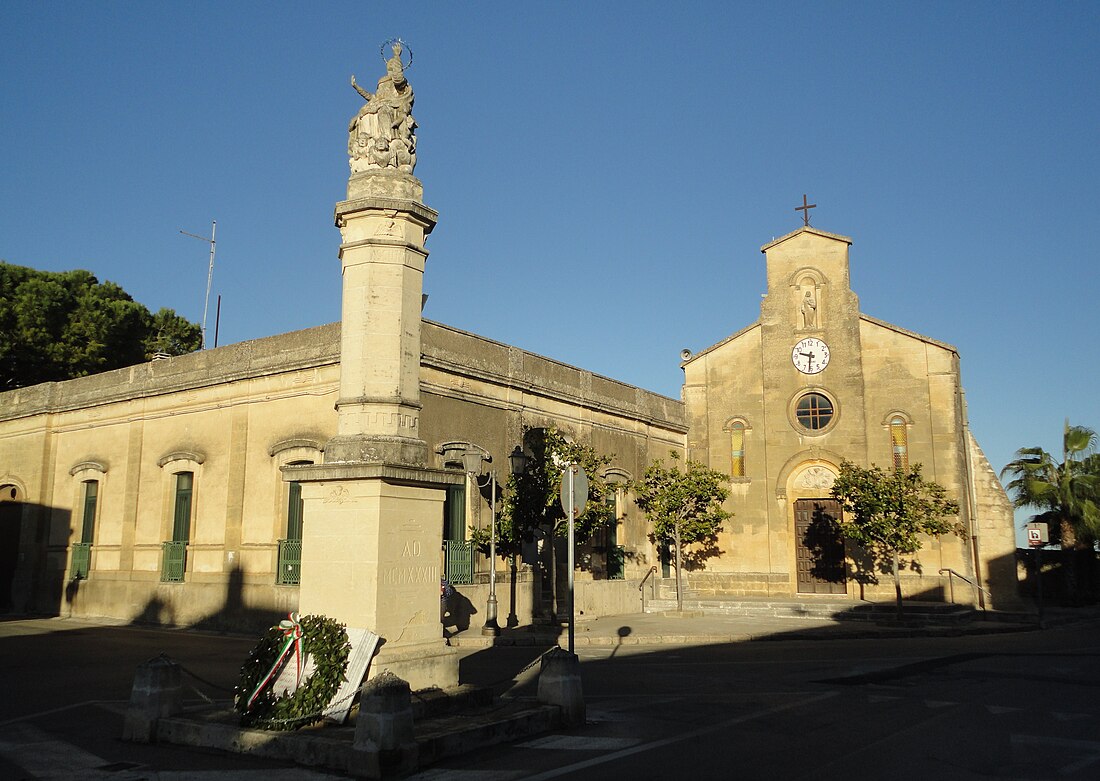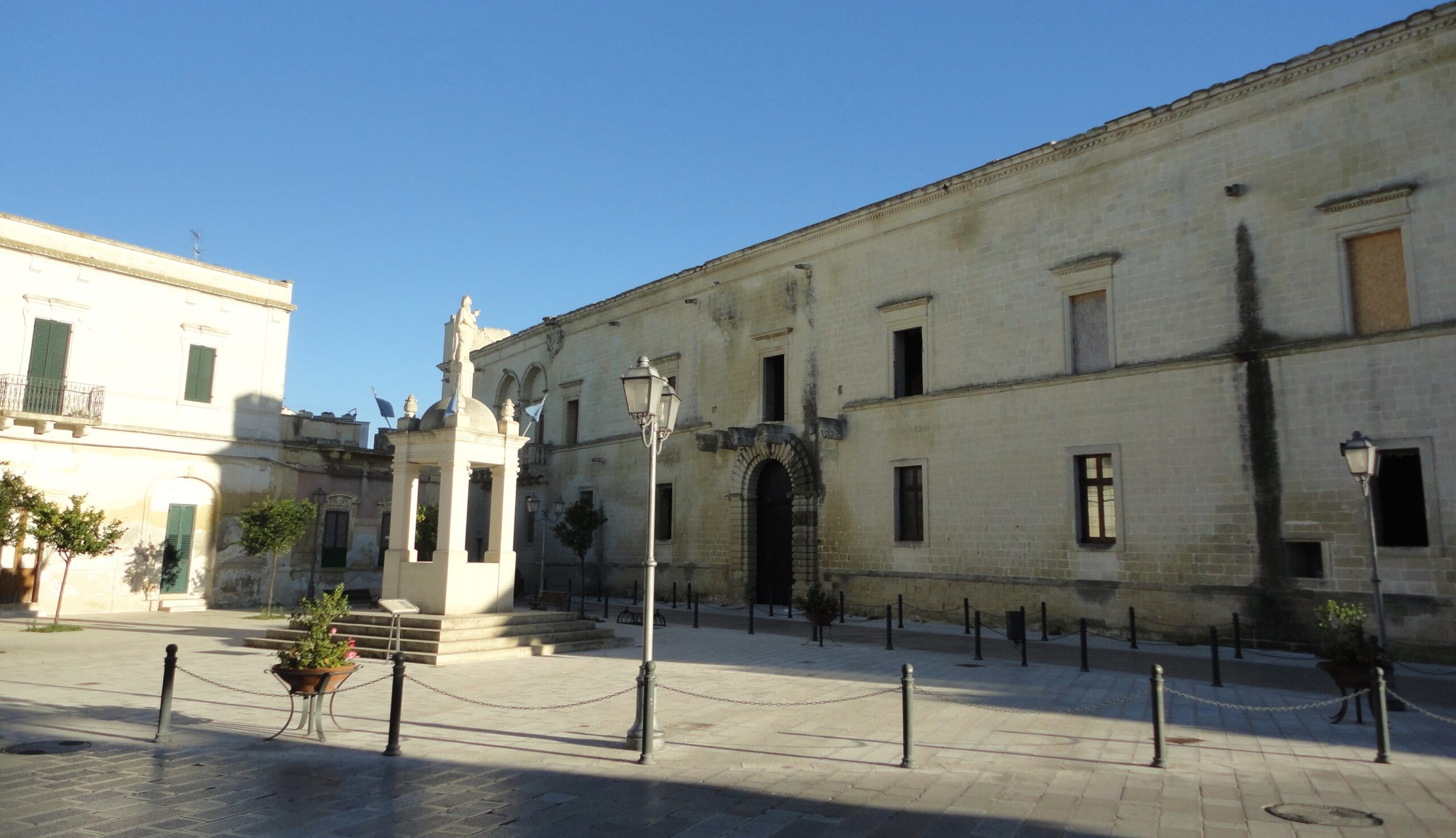
Yria, (Ύρια in ancient Greek) commonly Uria, was an ancient city in the northern Gargano, probably located in the area between Lake Varano and Vieste. Its origins and history are very mysterious. It is mentioned in the description of Daunia by some ancient authors such as Strabo, Ptolemy, Pomponio Mela and Pliny the Elder.
It was probably founded in the Daunian era in the 1st millennium BC and subsequently Hellenized during the second Greek colonization, that is between the 8th and 5th centuries BC.
It became quite powerful in the pre-Roman age, so much so that it had its own mint: some coins with the Greek inscription YPIA or YPIATΩN or, abbreviated, YP are the only archaeological evidence that has reached us.
It was directly connected to the city of Tiati through an important road that ran along the entire northern Gargano.
The city mysteriously disappeared perhaps already in the imperial age (1st-5th centuries AD). Tradition has it that it was submerged by the waters of Lake Varano following an earthquake: from it the lake would have taken the name of Urianum, and subsequently Varano.
The tragic perishing of that population was due to the deep bellowing that the ancients occasionally heard as a warning of bad weather. It was a deep sound similar to the bellowing of a wounded bull that rises from the lake especially during windy days, a sound that the locals called vocian-taure, or the voice of the bull screaming from the abyss or the voice of Taurus, mythical governor of the dissolute city of Uriah submerged, like Sodom and Gomorrah, as a divine punishment.
Fishermen still claim to hear the sound of bells on full moon nights and to see the walls of the houses of the ancient city when the waters of the lake are calm and clear.
There are also ancient stories of female figures, who were supposedly saved from the murderous fury of the flood. The inhabitants saved in the nearby mountains around woods of hornbeams, ischi and other shrubs gave rise to Carpino, Cagnano and Ischitella. The memory of Uriah, however, leaks out everywhere: from the names of streets, squares, cultural associations, companies and public institutions.


















Leave a comment